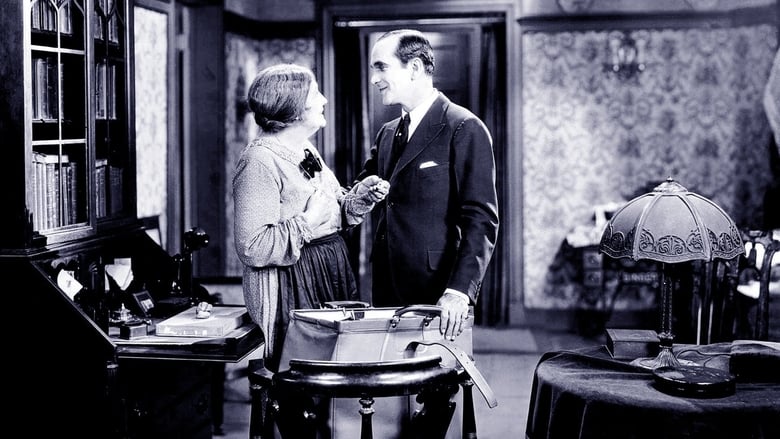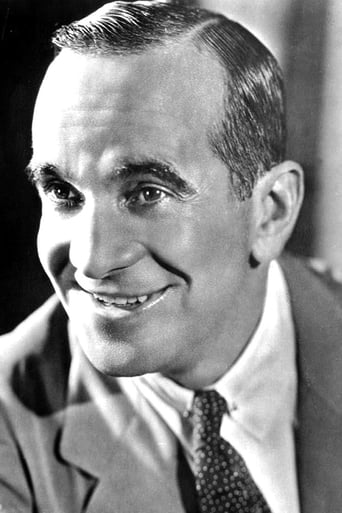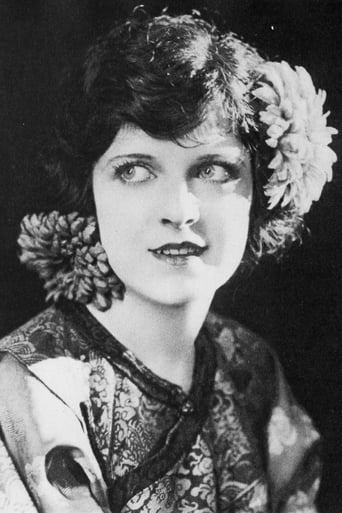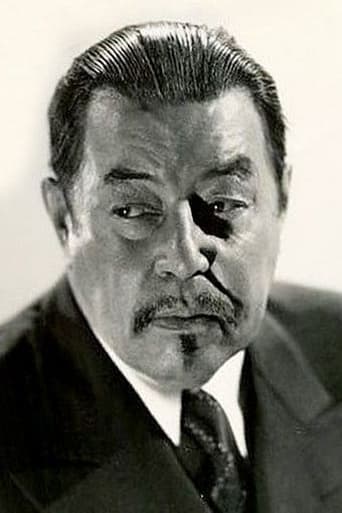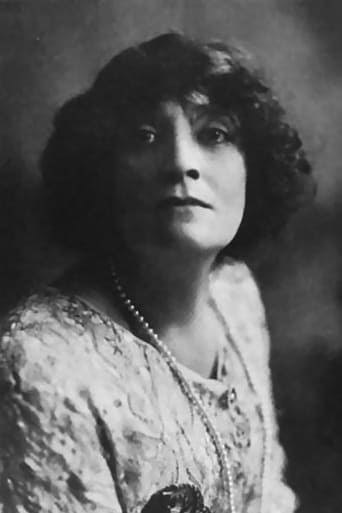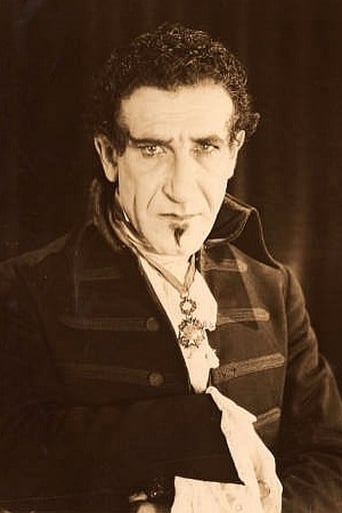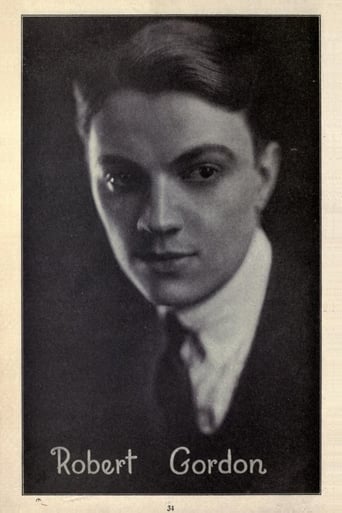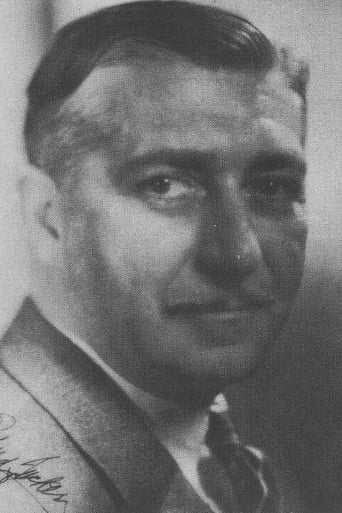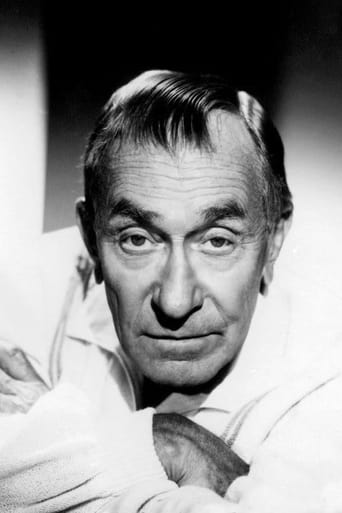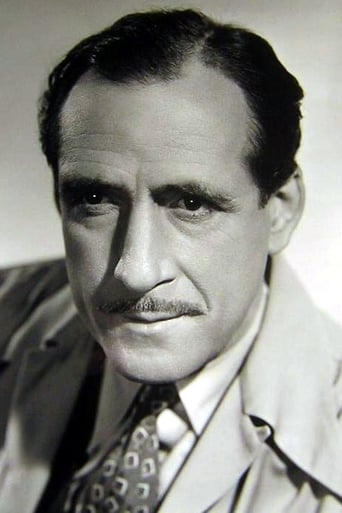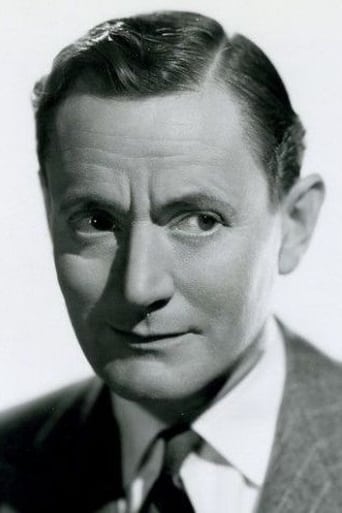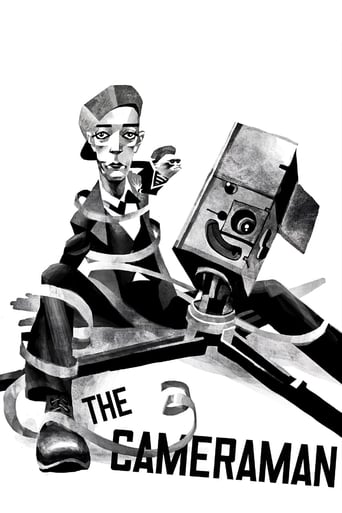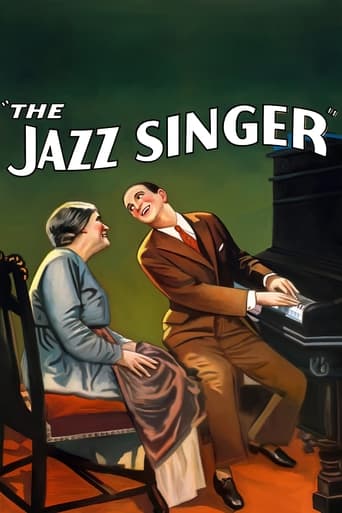
The Jazz Singer
October. 06,1927 NRA young Jewish man is torn between tradition and individuality when his old-fashioned family objects to his career as a jazz singer. This is the first full length feature film to use synchronized sound, and is the original film musical.
Similar titles
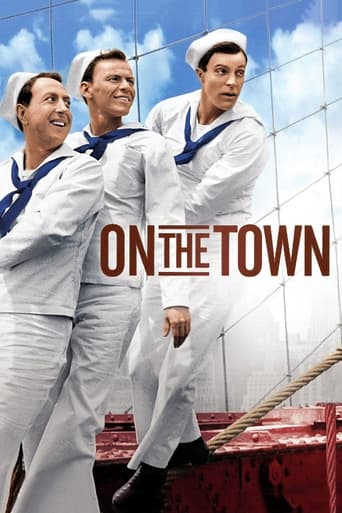
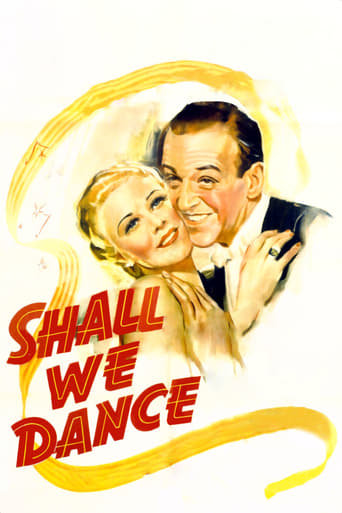
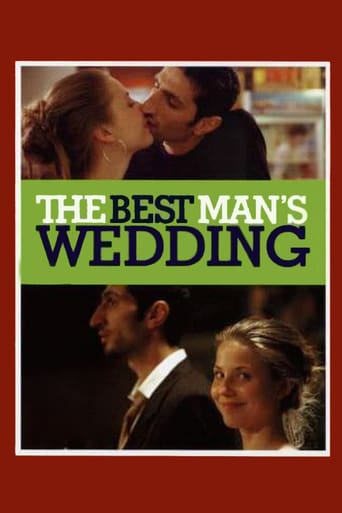
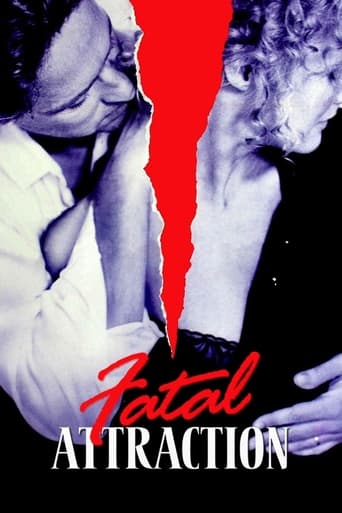
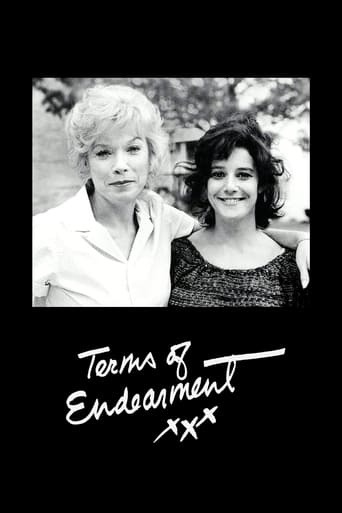
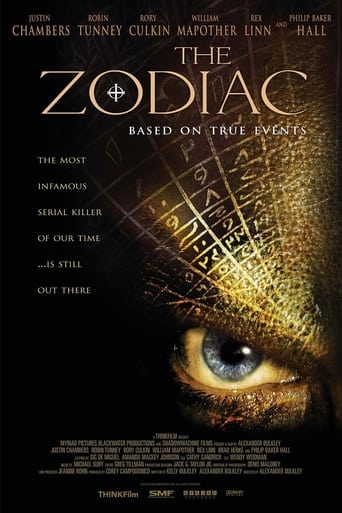
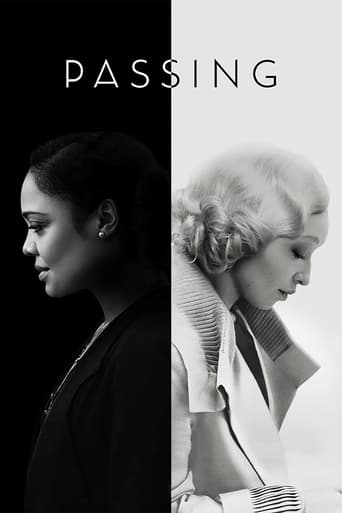
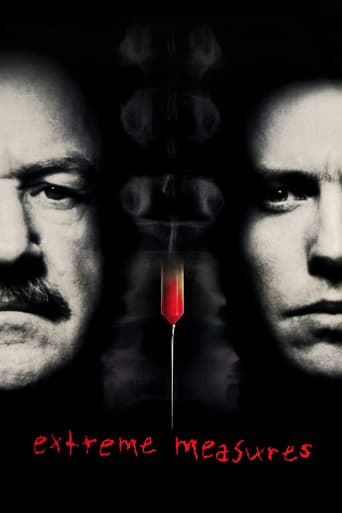
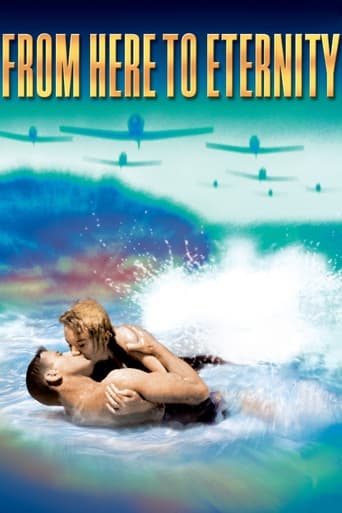
You May Also Like
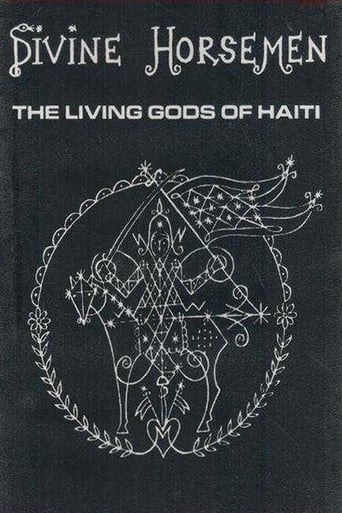
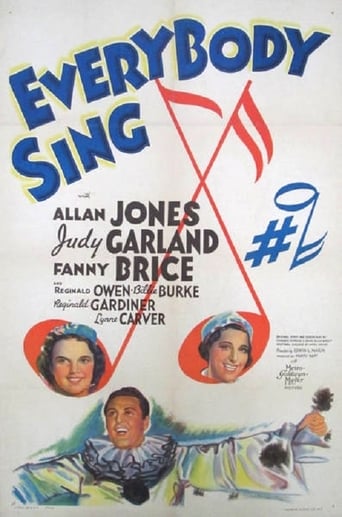
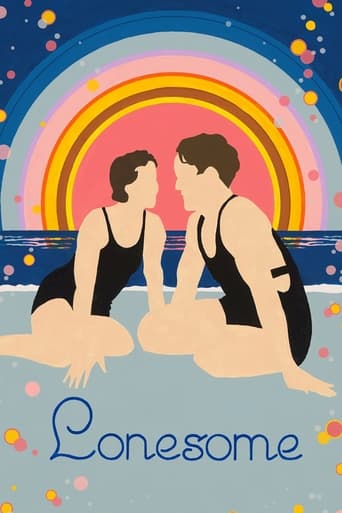
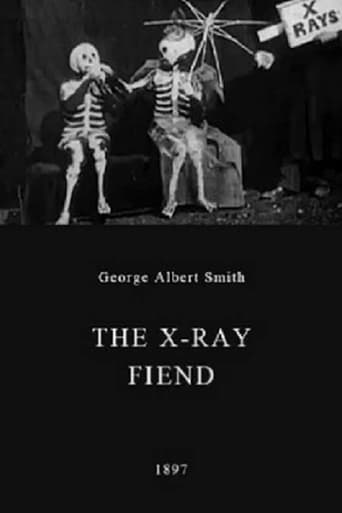
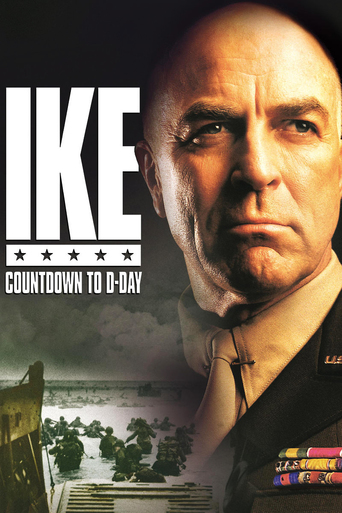
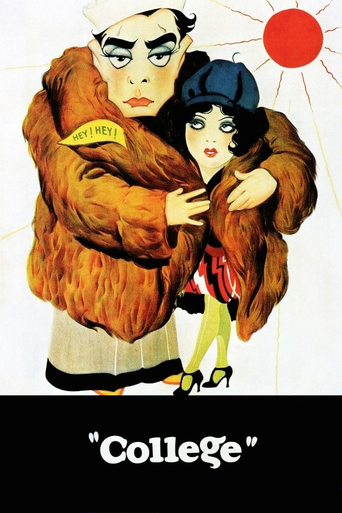
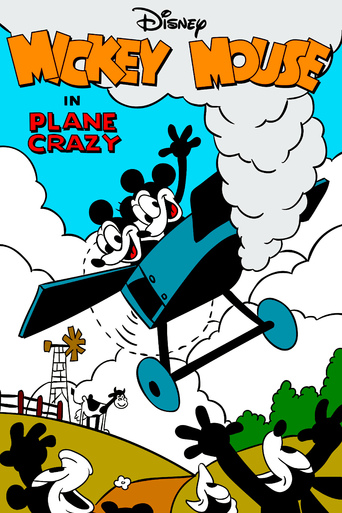
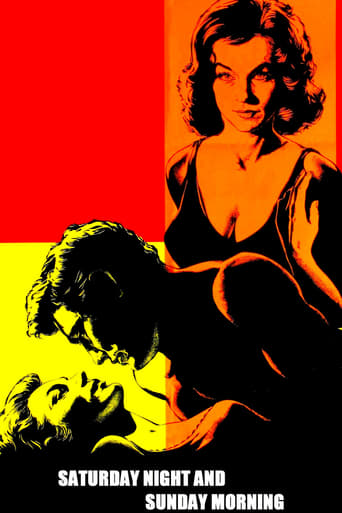
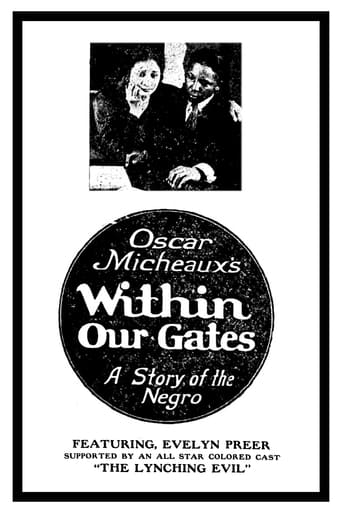
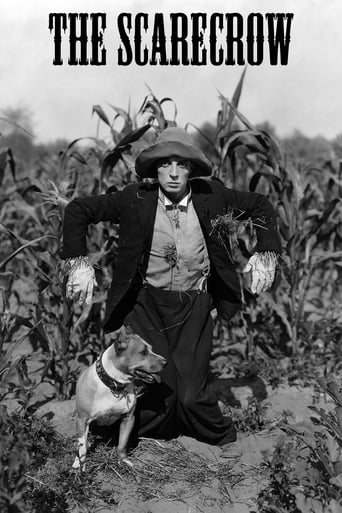
Reviews
I cannot think of one single thing that I would change about this film. The acting is incomparable, the directing deft, and the writing poignantly brilliant.
A movie that not only functions as a solid scarefest but a razor-sharp satire.
It’s not bad or unwatchable but despite the amplitude of the spectacle, the end result is underwhelming.
The film never slows down or bores, plunging from one harrowing sequence to the next.
Wait a minute, wait a minute, you ain't heard nothing' yet! Adapted for the screen by screenwriter Alfred A. Cohn, and based on Samson Raphaelson's 1921 short story "The Day of Atonement" which also popular the 1926 Broadway play of the same name. The film tells the fictional story of a young Jewish man, Jakie Rabinowitz (Al Jolson), who defies the traditions of his devout family, in order to become a famous jazz singer, under the name, Jackie Robin. Without spoiling the movie, too much, Warner Bros.' and director Alan Crosland's 1927's 'The Jazz Singer' was a mixed bag for me. While, I do champion it, for being one of the pioneers of motion pictures with synchronized sound & dialogue, it's still far from being the great use of it. What confuses me about this film, is odd use of dialogue title cards. I don't get, why they kept most of the dialogue silent, if they did had the ability to put sound effects, music, and singing. It made the film, a little bit jarring. I know, the Vitaphone sound-on-disc system might have been expensive to use, but I felt the film should had either, go all the way, with the sound or none at all. Seeing the film, go halfway, felt a bit lazy. In total, the movie contains barely two minutes, worth of synchronized talking, much or all of it improvised. It's not a 'talkie', as much as film historian, think it is. Another complain, I have against this film is the idea that this, was the first 'talkie'. In truth, the development of commercial sound cinema have start, way before 'The Jazz Singer', became an idea for a film. The first synchronized sound probably started with a film made by William K.L. Dickson at the Thomas A. Edison laboratory in West Orange, New Jersey in the fall of 1894, however the phonograph cylinder have long been badly damaged that's it's nearly unplayable to modern viewers to prove the claim. Nevertheless, later films like 1905's Phonoscène short film about vaudeville artist, Polin by female pioneer Alice Guy-Blaché proves that synchronized singing has been, done, way before, this film, came out. So, why is this movie considered as the first talkie then? It's actually quite simple, Warner Bros was the first studio that took the talking movie seriously and also managed to commercialize it with great success. However, the film's success did not change things overnight; it took a few more years, until Hollywood was fully onboard with film with sound. Anyways, there is other things to praise about this film. It's one of the first movies to feature, a Jewish character outside of biblical films. It's very rare to see, a movie focus so much on the conflict of doing cultural assimilation versus keeping cultural diversity. The typical story of a man seeking his place, attempting to find his voice in the world and the struggles he faced, was pretty smart and compelling to see. No wonder, why the Warner Bros, like it. But the film suffers from the same problem that many films from this era, has, with portraying ethic characters in the modern era. It went a little too racism. The older Jews looks a little too straight out of 'Merchant of Venice' central casting for my taste. However, the most offensive thing in the film, is seeing Jackie Robin portraying in blackface on the Broadway stage. That's a little hard to watch for the modern viewer. Yes, I know, it was a common practice at the time, and help single-handedly introduce African-American culture to white audiences. Nevertheless, it's still troublesome, as most of the practice does portray black people as buffoons. Regardless, I tend to be more forgiving in this film's version of blackface, because it does seem like Al Jolson and his character had good reasons to donning the paint. I believe, the film was trying to portray the troubles, most African-Americans and Jewish people were going through, in America through a metaphor of mutual suffering. After all, some of the songs that Al sing, during the film was about life in the poverty line and helping break down racial attitudes. If anything, the performance in blackface feels more like satire, mockery of white society portrayal of Negro culture than on African American, themselves. Pretty much, like the way, people portray author Harriet Beecher Stowe's 'Uncle Tom's Cabin'. It raise eyebrows. Regardless, it's still uncomfortable to watch, even if Al Jolson in real-life, was known for fighting against discrimination. With that say, I would rather have a black Jewish actor portray Jack, than Al Jolson. I really don't think Jolson is a great actor or singer. He comes across, very corny and amateurism. The music that comes with 'the Jazz Singer', also fall to impress me. It doesn't even sound like Jazz. Where was all the scat singing!? I was really hoping for something, more entertaining, like a tune from Duke Ellington, Louie Armstrong, or Adelaide Hall. None of the songs were really that memorable. Some of the music, they chose, doesn't even fit the tone of the film like composer, Pyotr Ilyich Tchaikovsky's orchestic work 'Romeo and Juliet'. That was just odd! Overall: I can't say, this movie was the most entertaining film about achieving a singing career. But, at least, I can say, it's better than the 1952, 1959 & 1980's remakes of the same name. In the end, it does deserve to be preservation in the National Film Registry of "culturally, historically or aesthetically significant" motion pictures. However, it shouldn't be, nowhere near the top of IMDb 250 films of all-time.
Made in 1927 and starring Al Jolson, The Jazz Singer was a film that impacted Hollywood forever. It was the first film with sound that was a commercial success, and led to silent films being completely scrapped in favor of sound. Within three years of The Jazz Singer's release, silent movies were no longer produced.The plot for the movie is very simple and easy to understand: A father who has been a Cantor, or a singer in a Jewish synagogue, wants his son, Jackie Rabinowitz, to follow in his footstep and become one as well. For five generations the prestigious Cantor position has been passed on from father to son, and the father argues that Jackie must become a Cantor to follow the tradition. Jackie has other plans however, and wants to follow his own dream of becoming a Jazz singer. His father highly disagrees with his decision, and Jackie ends up leaving the house to pursue his dream.The sound quality was good for a movie made in the 1920's, and set the mood well for the high tension and the calmer scenes. However, that there wasn't much of a pause in the music, and they could've had breaks and decrescendos so it wasn't so much of a flat sound. The changes from silent to sound, then back again after a song number or performance was a bit sudden, but they were trying out sound in movies for the first time. The actual songs that were sung had seemingly random spoken parts that staggered and threw off the beat for me, and left some awkward pauses. They were pretty exaggerated; a bit too much for my liking. The music style was different then, and I realize that, but the song choice still isn't my favorite.Almost immediately, it was obvious that the film wasn't as good of quality as some of the older movies like the 1927 version of The Phantom of the Opera. The lighting in the background when the beginning credits came up made some of the text impossible to read. It was noticeable throughout the movie, that any white or light colors were too bright, and it made it look like they were glowing. It was distracting from the surroundings, and in some scenes, you could hardly tell who a person or a thing was. I did appreciate the use of flashbacks though, which brought more emotion and meaning to Jackie's thoughts. The memory fading in and out helped us understand what he was thinking without him having to say it or spell it out for the viewer. Flashbacks are something we still use today in modern movies to great effect.This film was good, but it wasn't the best. The story line in itself is cliché, and they shouldn't have resolved the ending like they did. It felt like it disregarded the climax and the main conflict. To close, I would rate The Jazz Singer at 5 stars, and although it is a very influential film in movie history, I probably wouldn't watch it again.
Seldom do I give a 10 star rating as few films are perfect, but this movie is as close to perfect as it could get for a silent film. The story line is sweet, the dubbed over original soundtrack is wonderful, making it interesting, and never left me wanting it to hurry up and end. Because this movie is available on Blu-ray, made it even better for having the quality it deserves. It certainly should be listed as a classic silent film in the top 100 of the genre. To rate this movie with just one word,"Fantastic", would be more than enough. It would be fair to say that this great early film is wonderful as the other top silent films of the age, such as the Big Parade, Wings, Sunrise, the Crowd and many, many others.
All my life I promised myself that I'd sit down some evening and watch "The Jazz Singer". Well, just a couple of days after my 65th birthday, I finally did. I love old movies...but not quite this old. My interest begins about 5 years after this production...somewhere around 1932 (give or take).Without dialog (and this film only has spoken word in some parts...mostly Jolson's songs), films go very slowly to me...and this film is no exception. Of course, I didn't watch this film for entertainment. I watched for its history, and this film is just as historical as about anything you'll find in a museum -- the first real talking motion picture -- a true revolution.Nevertheless, the plot here is not too bad if you can stand all those silent dialog boxes. I'd like to criticize Jolson for sometimes over-acting, but is that fair way back during the transition from silent to talking pictures? Certainly Warner Oland (later Charlie Chan, here the father and cantor) is stiff as a board...even before he died in the film. Eugenie Besserer as the mother was quite good. Otto Lederer has an entertaining role as a family friend. And of course, every one and every thing is VERY Jewish.This film is primitive enough (though the print shown on TCM is very good considering the age) that you may not find it palatable. In that case, soak in the history as you watch the man who considered himself to be the world's greatest entertainer. This film is history.
Top Streaming Movies











